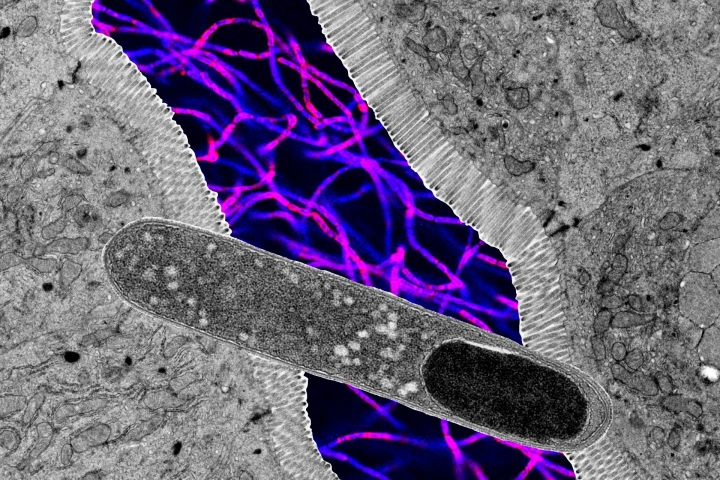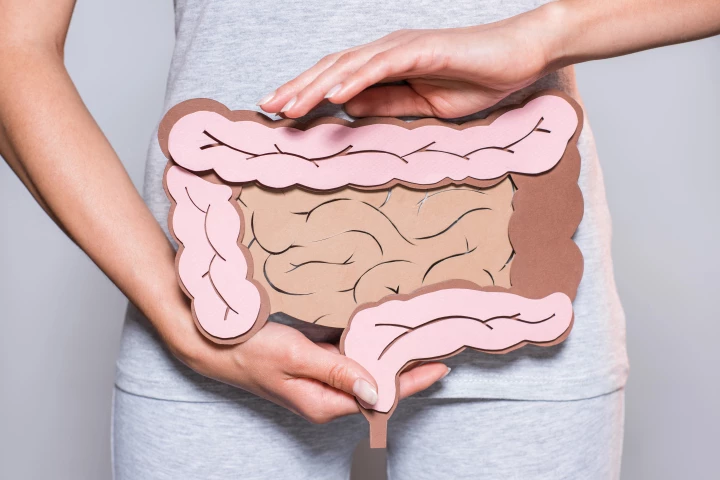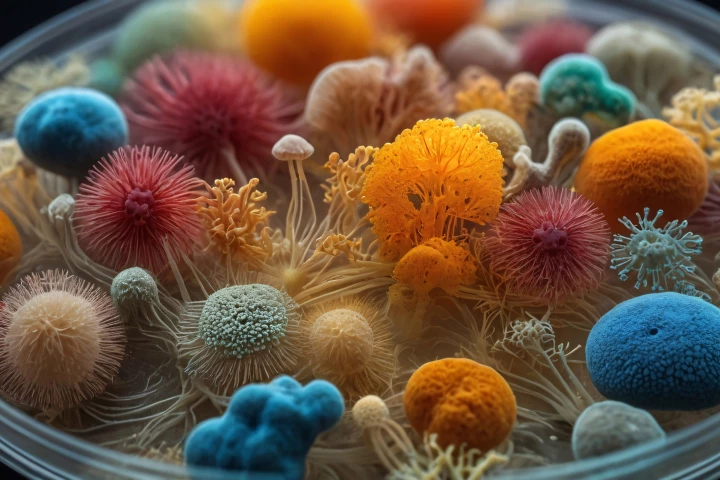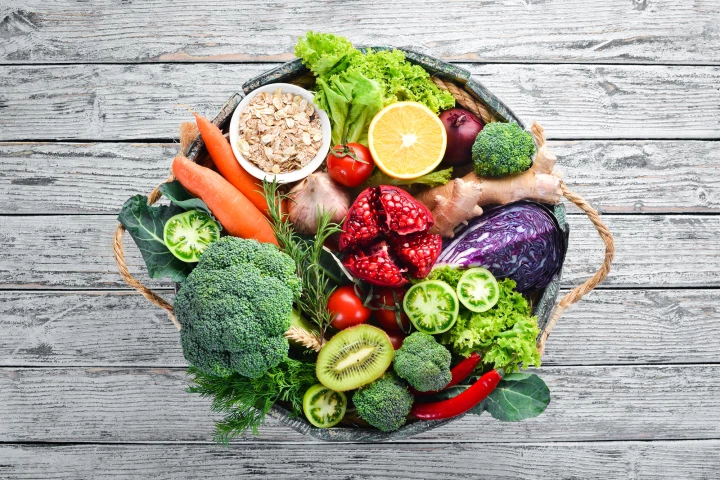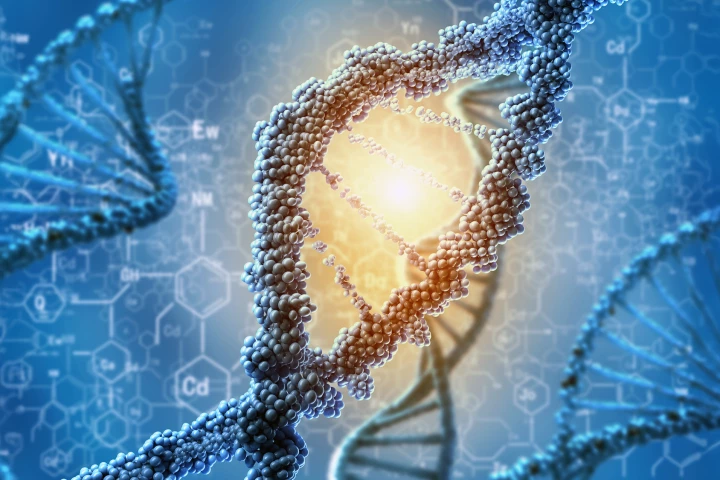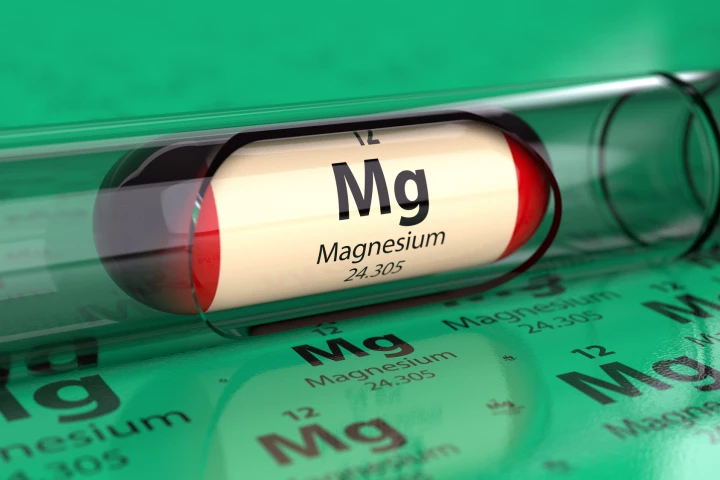Gut Bacteria
-
Researchers have homed in on a single gut microbe that acts to prevent fat gain, even with a high-fat diet. The discovery adds to the booming science of finding ways to enlist the microbes that already live in our bodies to help us improve our health.
-
A bacterium from the gut of Japanese tree frogs has "exhibited remarkably potent" tumor-killing abilities when administered intravenously, outperforming current standard therapies and paving the way for an entirely new approach to treating cancer.
-
You may be sitting on – so to speak – a very valuable asset that scientists would love to get their hands on: your poop. As well as blood, plasma and organs, you can now donate fecal samples to stool banks for research and use in transplants.
-
Researchers have demonstrated how a secret weapon made in the gut, produced by consuming pomegranate and walnuts, can rejuvenate the immune system in middle age, shielding us from cell damage, inflammation and chronic diseases including cancer.
-
An antibiotic primarily used in veterinary medicine was found to turn the gut into a factory that pumps out life-extending compounds. The finding could change the way we think about the development of longevity drugs.
-
A novel treatment for irritable bowel syndrome (IBS) is on the horizon, with the discovery that two specific gut microbes produce serotonin that protects against inflammation and damage.
-
In a groundbreaking study, scientists have cultivated and then awoken more than 100 new viruses found within different human gut microbes, providing a remarkable look at our bacteria and forms the very first living model of the "gut virome."
-
For the first time, scientists have used innovative tech to demonstrated that a healthy microbiome needs a consistent flow of the right foods, finally proving that the "hunch" advice of 5 A Day is spot on, as far as your gut bugs are concerned.
-
Our gut microbes and genes are in constant conversation, shaping each other in ways that affect everything from immunity and inflammation to disease risk, according to a review of scientific evidence. It could transform how we prevent and treat illness.
-
A fermented food that has been a staple on plates in Korea for thousands of years has gone global in the past decade, with new research revealing that kimchi can naturally lower triglycerides and blood pressure and regulate fasting glucose levels.
-
A new clinical trial suggests magnesium supplements may boost gut bacteria that help block the development of colon cancer – but only for some people, depending on their genes and sex.
-
Researchers have uncovered a gut-diet link to postpartum depression, finding that eating a diet of soy, fermented foods, and seaweed may nurture beneficial gut bacteria and protect mothers’ mental health.
Load More
